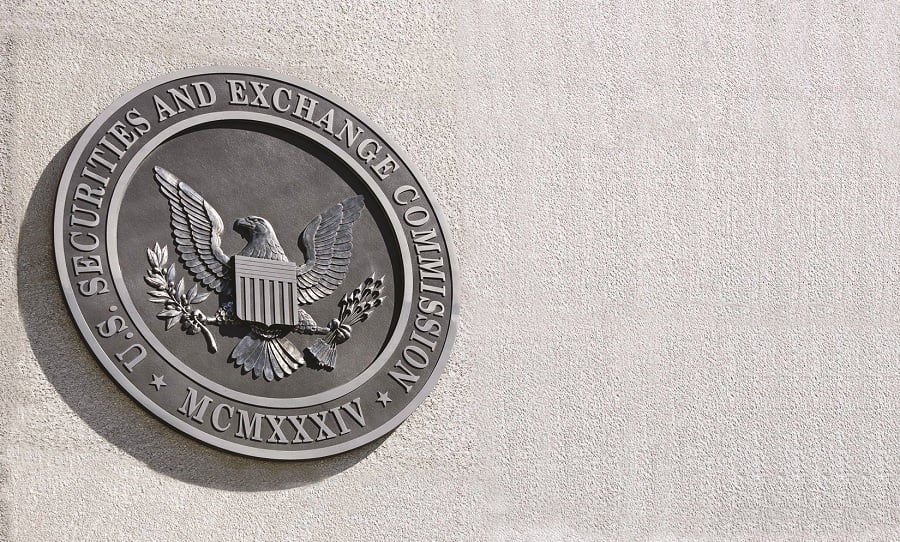

Merrill Lynch and Harvest Volatility Management have agreed to pay a combined $9.3 million in penalties and disgorgement following charges that they exceeded client investment limits on a complex options strategy, according to the SEC.
On Tuesday, the regulator announced the sanctions after an investigation revealed a failure to follow client instructions regarding exposure limits in an options trading strategy, leading to higher fees and increased market risk for investors.
The statement from the SEC explained that Harvest Volatility Management served as the primary investment adviser and portfolio manager for the Collateral Yield Enhancement Strategy, which aimed to generate additional returns by trading options linked to a volatility index.
"CYES sought to generate returns by collecting option premiums from a portfolio of short-dated option spreads on the S&P 500 index (“SPX”): selling options to generate premium while simultaneously purchasing further out-of-the-money options to manage risk," the SEC's order against Harvest said.
Over a roughly two-year period beginning in 2016, Harvest allegedly allowed numerous client accounts to exceed their designated exposure limits. In some cases, exposure levels surpassed the agreed-upon thresholds by 50 percent or more, resulting in greater financial risk for investors.
Meanwhile, the order against Merrill Lynch explained its role in introducing eligible ultra-high-net-worth clients to the CYES strategy. It received part of Harvest's management and incentive fees, as well as trading commissions.
"As a result of Harvest’s failure to adjust contracts for certain clients introduced by Merrill ... Harvest charged those clients excessive management fees, of which Harvest paid approximately $2 million to Merrill," the order read. "Merrill also received approximately $1 million in excess commissions to execute options transactions directed by Harvest."
While Merrill was aware of the excessive exposure levels, it did not adequately inform affected clients, the SEC said. It explained that while representatives worked with some investors to pare back their exposure or work out new schedules to their investment management agreements, other investors remained over their designated limits.
“In this case, two investment advisers allegedly sold a complex options trading strategy to their clients but failed to abide by basic client instructions or implement and adhere to appropriate policies and procedures,” said Mark Cave, associate director of the SEC’s Enforcement Division. “Today’s action holds Merrill and Harvest accountable for dropping the ball in executing these basic duties.”
As part of the settlement, both Merrill Lynch and Harvest agreed to pay fines without admitting or denying the findings. Harvest will pay $2 million in penalties and $3.5 million in disgorgement, while Merrill will pay $1 million in penalties and $2.8 million in disgorgement. Both firms have been censured and agreed to cease-and-desist orders.

While industry statistics pointing to a succession crisis can cause alarm, advisor-owners should be free to consider a middle path between staying solo and catching the surging wave of M&A.

New joint research by T. Rowe Price, MIT, and Stanford University finds more diverse asset allocations among older participants.

With its asset pipeline bursting past $13 billion, Farther is looking to build more momentum with three new managing directors.

A Department of Labor proposal to scrap a regulatory provision under ERISA could create uncertainty for fiduciaries, the trade association argues.

"We continue to feel confident about our ability to capture 90%," LPL CEO Rich Steinmeier told analysts during the firm's 2nd quarter earnings call.
Orion's Tom Wilson on delivering coordinated, high-touch service in a world where returns alone no longer set you apart.
Barely a decade old, registered index-linked annuities have quickly surged in popularity, thanks to their unique blend of protection and growth potential—an appealing option for investors looking to chart a steadier course through today's choppy market waters, says Myles Lambert, Brighthouse Financial.
